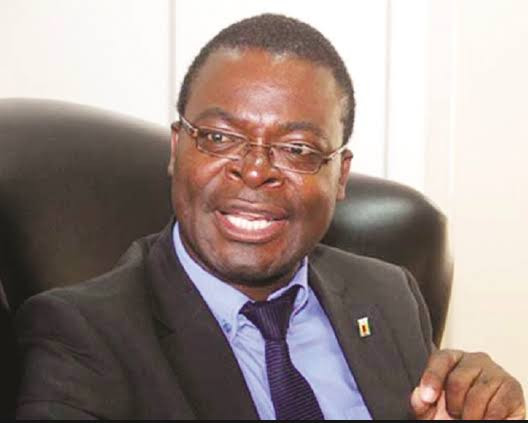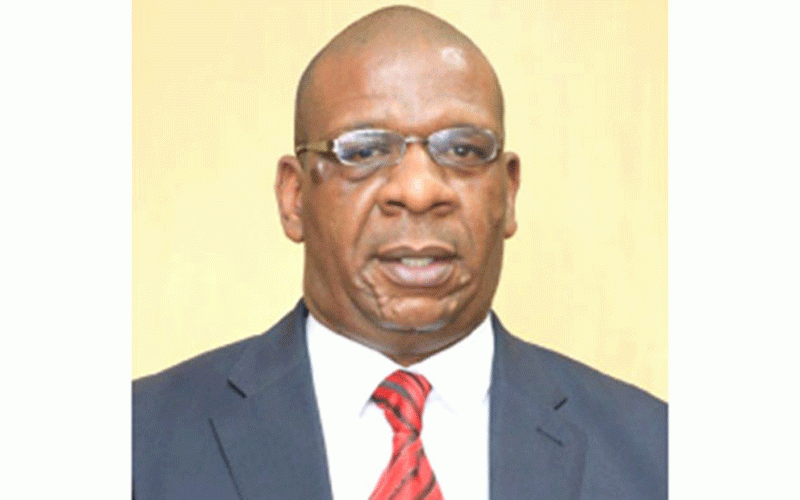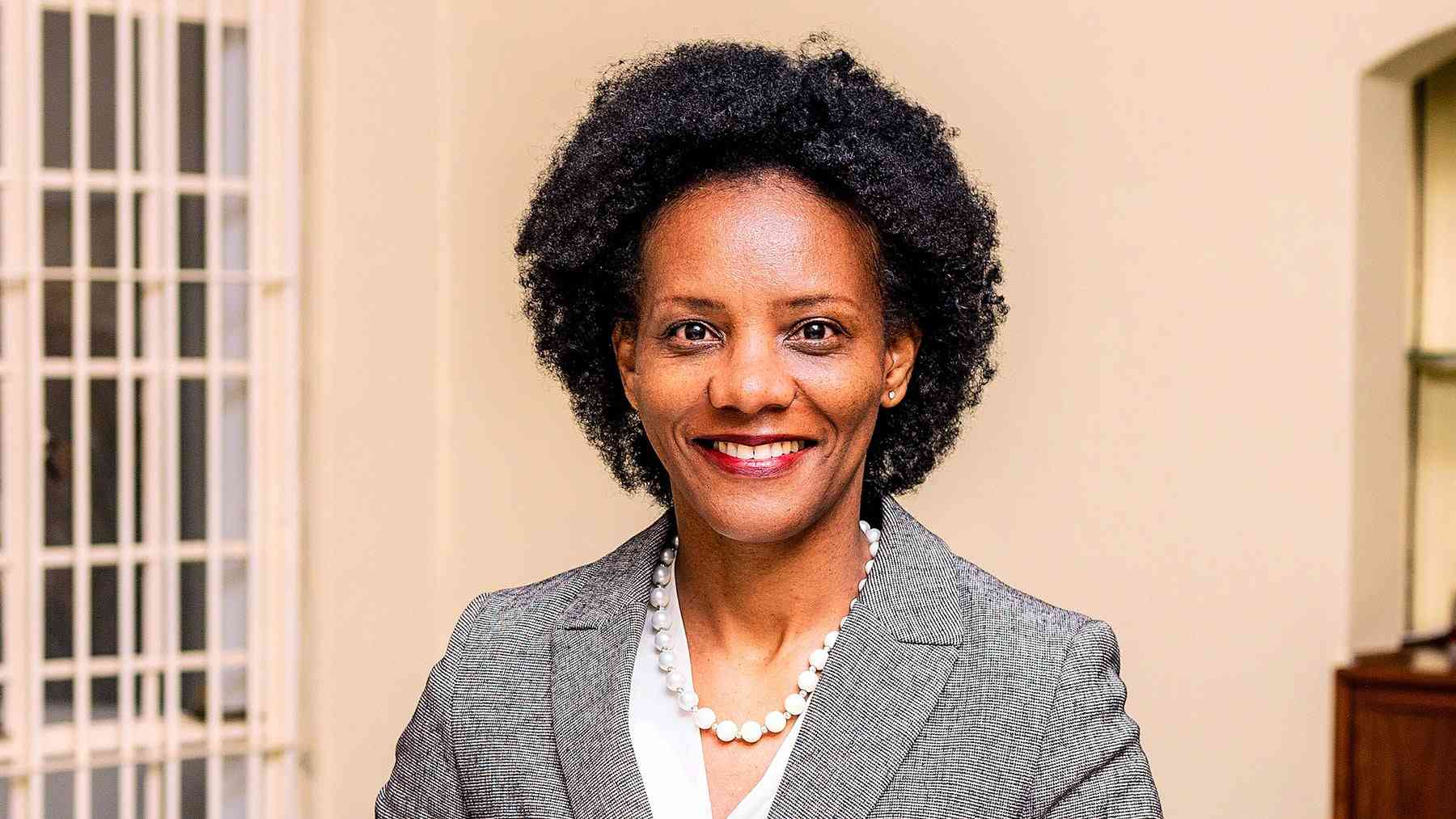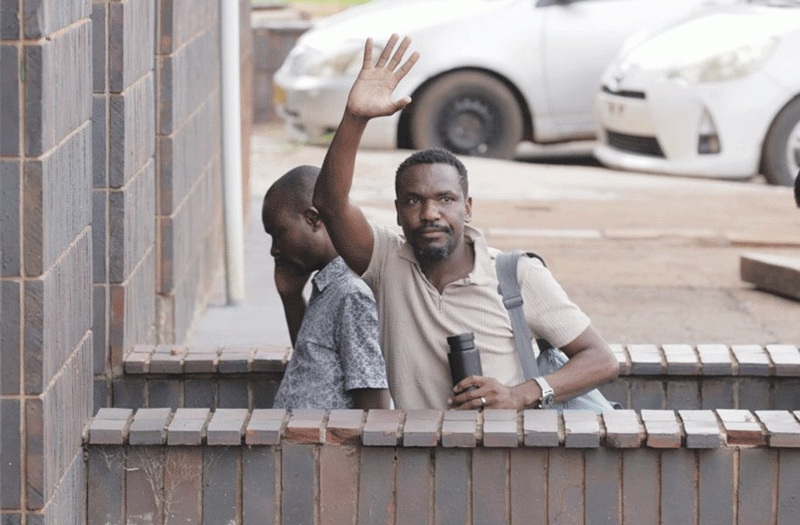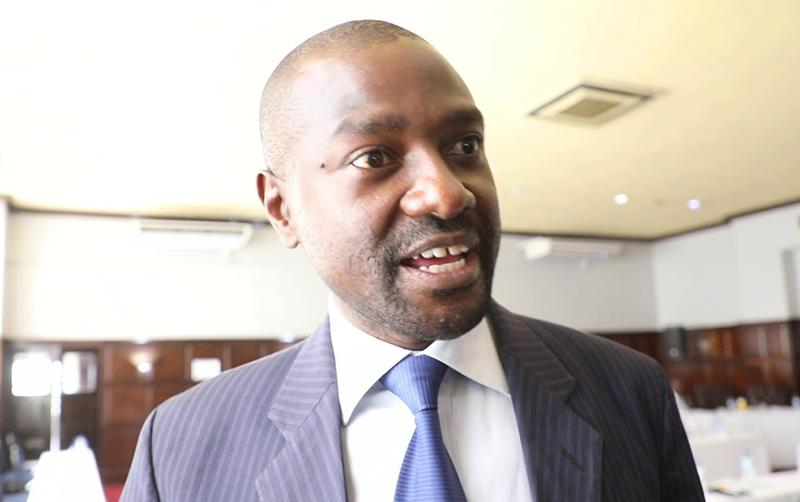
CENTRAL bank governor John Mangudya has left it to the monetary policy committee to decide on interest rates when it sits at the end of June. But already indications are that he is edgy over the idea of pulling the trigger. Yet leading economist Trust Chikohora (TC), former president of the Zimbabwe National Chamber of Commerce and one of the frontrunners at the Political Actors Dialogue (Polad), tells our reporter Rugare Mubika (RM) that it is foolhardy to keep the policy rate at 140%. Below are his views:
RM: It has been a difficult first half on the currency front. What factors have been of most concern to you?
TC: The RBZ needs to manage the foreign currency auction system properly. It must be a true auction, which has market reflective rates. You cannot have an auction system that has a relatively stagnant rate when market realities suggest otherwise.
It is important that the foreign currency auction system is reflective of market realities. If this becomes the case, people will not abuse the it.
There will be no arbitrage because if the rate is stagnant on the auction system, while rising steeply on the parallel market, people will use the auction system to get money and offload it on the parallel market.
This creates a vicious cycle of arbitrage.
RM: Do we have a precedence?
TC: The same phenomenon happened at the beginning of 2022. And this was one of the recommendations that came out of the Polad currency indaba in June last year, which then helped to stabilise the exchange rate.
- Mangudya speaks on banks’ stability
- Mangudya speaks on banks’ stability
- Monetary measures spur exchange rate stability: RBZ
- Zimdollar shortage hits the country
Keep Reading
After that, we saw the foreign currency auction system rate rising steadily. We even saw the parallel market rate coming down in 2022 until there was a near convergence of the auction rate and the parallel market rate.
So, this helped to stabilise the exchange rate in 2022. Even prices stabilised during the second half of 2022 until year end.
RM: What was fueling the exchange rate, and prices? How does this relate to what is happening now?
TC: Government contracts were also fueling the exchange rate in 2022. At the beginning of 2022, people were getting lots of Zimbabwe dollars on government contracts.
Some of them were not even performing anything, you know, in terms of what they had been contracted to do.
They would just go and offload the money on the parallel market. The government had to actually stop payments to block that liquidity, which was going on to the parallel market. That due diligence needs to be done again so that the government gets value for money and we do not have government money actually fueling the parallel market.
RM: That relates to the government. How about the central bank, which should be at the forefront of addressing this?
TC: Tight monitoring of money supply growth is essential. The RBZ has now been lowering interest rates. But last year, at the currency indaba, we said interest rates should always be above the inflation rate.
That is where the 200% interest rate (announced early last year) came from.
Beginning of this year the RBZ started reducing interest rates. But surely, the annual inflation rate in Zimbabwe dollar terms is still very high.
We cannot have interest rates which are below the inflation rate in Zimbabwe dollar terms. The RBZ needs must get back to that policy (we proposed last year) so that we don't have excess liquidity, which fuels the parallel market.
We should not have speculative borrowing for purposes of obtaining foreign currency from the parallel market. The issue of gold coins helped a lot last year. That needs to be assessed.
This aspect of digital gold coins needs to be handled with a lot of care, and a lot of discipline because the market has got to have confidence that the digital gold coins are backed by real gold at all times. If that falters then that would crash. It is important that whatever digital gold coins are issued are always backed by real gold at that point in time. That would be the responsibility of the RBZ.
Perhaps the market can then be able to take these coins up and help mop up excess liquidity of Zimbabwe dollars on the market.
RM: Some economists have also been concerned about significant increases in the civil service wage bill. What do you think?
TC: The Ministry of Finance has been making increases in wages in Zimbabwe dollars, which again increases money supply. We were advocating that if there were to be any increases, let those increases be in foreign currency since the market is using more foreign currency now.Even the government is getting more foreign currency now. If it is to make salary improvements, why not do it in US dollars so that employees get real value and they don’t create excess liquidity on the market, which fuels the parallel market and leaves Zimbabwe with a runaway exchange rate and a wage price spiral. At the end of the day, it doesn't benefit the employees. They could end up worse off like what has happened now.
RM: Are you happy with how business has behaved throughout the recent price increases?
TC: Business also needs to act responsibly. Those accessing funding from the foreign currency auction system should use the auction rate when costing and pricing their products.
This is because benefits from the foreign currency auction system can be felt in the rest of the economy.
RM: But there are more complications on the political front. Can politicians do something in order to deal with this crisis?
TC: We need to act in the interests of the country. Some politicians pray that things should get very bad so that they get into power.That is wrong politics. You cannot get into power on the back of the suffering of people.
We should, instead, all work towards improving our economy because even if you are to take over, it's better to take over something stable. If we are going to have a chaotic situation, it benefits no one.
The philosophy of making the situation bad so that people vote for you is unacceptable, inhumane. Voters should punish politicians like that.
Instead, they should reward politicians who have their interests at heart, who always want to build rather than destroy, who are always advocating for the betterment of the people, for policies that give a better life to all Zimbabweans.
I think considering where we are now, it might be necessary to have a second currency indaba this June like we did last year.
The exchange rate has been falling rapidly on the parallel market. This has been caused by increased money supply growth and the fact that the official market, the auction rate has not been reflective of realities of the market.

